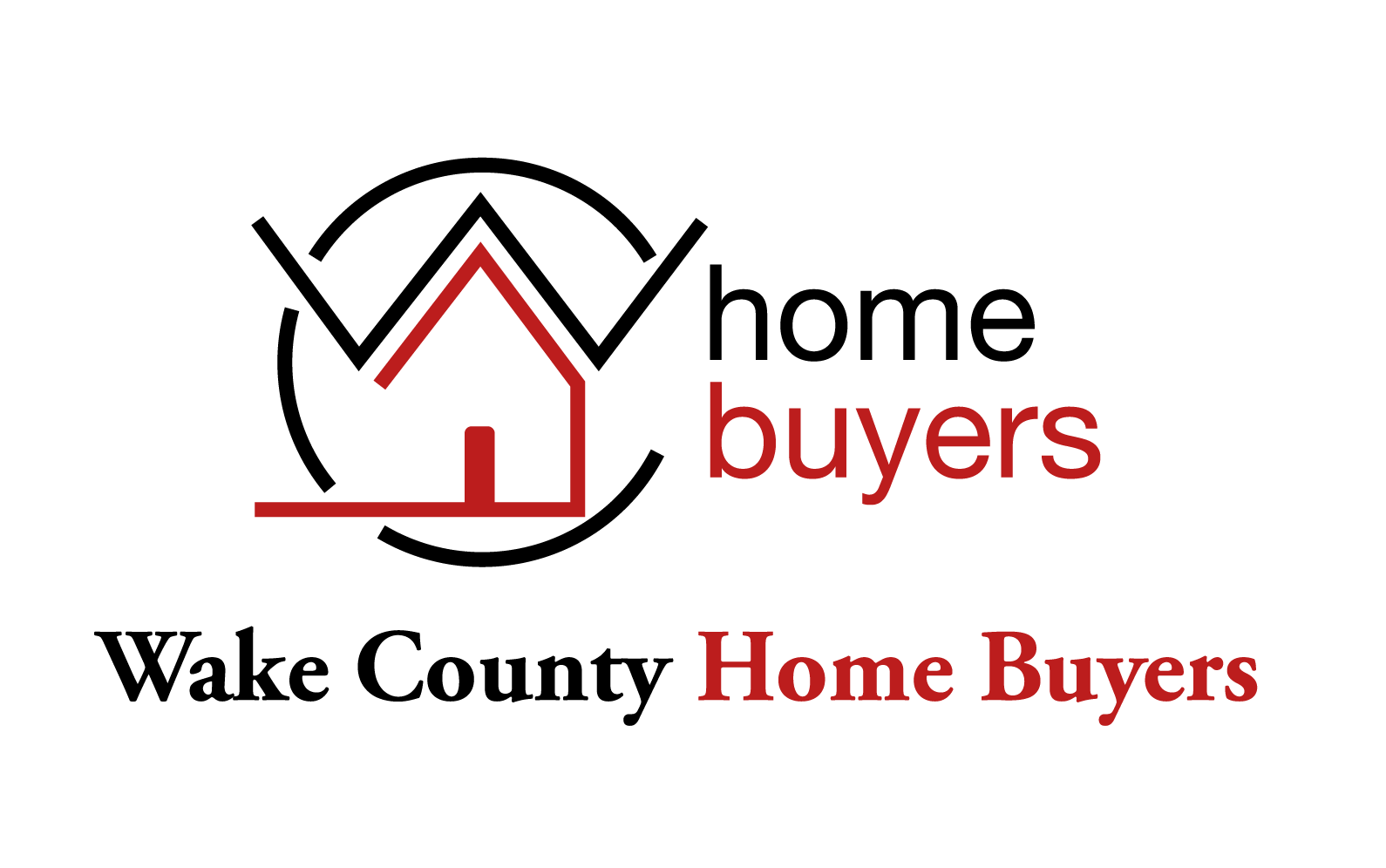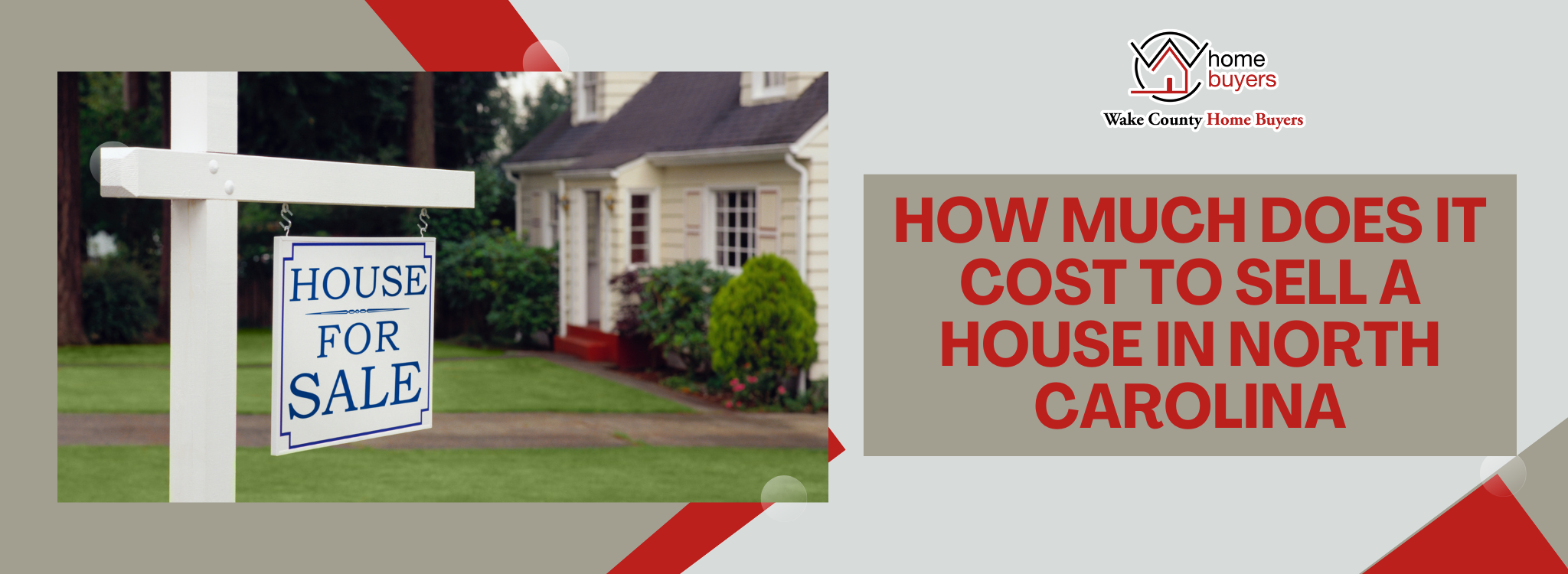
How Much Does Selling a House Cost in North Carolina?
Selling a house in North Carolina comes with various costs that can affect your profit. Knowing these expenses is important for making smart choices.
What Are the Major Costs Involved in Selling a Home?
When you sell your home, several key costs can arise:
- Real Estate Expert Fees: Typically, experts charge a commission that is a percentage of the sale price.
- Closing Costs: These include fees like title insurance and attorney charges.
- Repairs and Renovations: Necessary repairs or upgrades can increase your selling costs.
- Home Inspection Fees: Hiring a professional to inspect your home might be wise before listing it.
How Do Location and Market Conditions Affect Selling Costs?

The location and current market conditions in North Carolina significantly impact your selling costs. In competitive markets, housing prices may rise due to demand, leading to higher selling costs. In less active areas, sellers might need to spend more on marketing to attract buyers.
What Is the Role of Supply and Demand in Housing Prices?
Supply and demand are crucial in determining housing prices in North Carolina. High demand and limited supply usually drive prices up. If there are many homes but fewer buyers, prices may decrease. Keeping up with market trends can help when selling your home.
Analyzing Real Estate Commission Fees
Understanding real estate commission fees is essential when selling property.
How Are Real Estate Expert Commissions Structured?
Commissions are typically a percentage of the home’s final sale price, usually between 5% and 6%. This is split between the buyer’s and seller’s experts.
Can Commission Fees Be Negotiated?
Yes, you can negotiate commission fees. Homeowners can discuss reducing fees with realtors, especially if the house is expected to sell quickly or has unique features that make marketing easier.

What Services Are Included in a Typical Commission Fee?
Realtors offer services as part of their commission fee, including:
- Marketing the Property: This includes listing the home on different platforms and may involve professional photography.
- Home Listing: Placing your home in MLS and other real estate databases.
- Negotiating Offers: Realtors handle negotiations to secure favorable terms.
By understanding these aspects, you can better manage selling a house in North Carolina, considering all costs involved and maximizing your return on investment.
What Are the Hidden Costs When Selling a House?
Several costs may not be obvious initially when selling a house, but they can seriously affect how much you take home. Knowing these hidden costs is important for good financial planning.
Are There Any Unexpected Closing Costs for Sellers?
Closing costs can surprise sellers if they aren’t ready for them. In North Carolina, typical seller closing costs include:
- Attorney Fees: You usually need a real estate attorney to handle the sale’s legal details.
- Title Insurance: This insurance protects against any claims or liens on the property.
- Escrow Fees: Even in North Carolina, escrow fees might be charged to manage funds securely during the transaction.
How Do Repairs and Renovations Impact Selling Costs?

Repairs and renovations can quickly increase costs and affect your profit from the sale:
- Repair Costs: Necessary repairs, like fixing structural issues or updating old systems, can be expensive.
- Home Appraisal Cost: Buyers often require an appraisal to ensure the home’s value matches the sale price.
- Renovation Costs: While renovations can make a home more appealing, they require upfront spending.
- Landscaping Costs: Improving curb appeal with landscaping can attract buyers but is another expense.
What Are the Costs Associated with Home Inspections?
Home inspections are a normal part of the selling process and can reveal areas that need attention:
- Inspection Fees: The cost of a professional inspection varies but is needed to spot potential problems.
- Pre-Inspection Fees: Some sellers opt for a pre-inspection to fix issues before listing.
- Radon Test Costs: When selling, testing for radon, especially in certain regions, can be an extra cost.
Legal and Administrative Expenses in Home Selling
Legal and administrative expenses are necessary to comply with local laws when selling a home.
What Legal Documentation Is Required When Selling?
Selling a home involves preparing various legal documents:
- Deed Preparation Costs: Preparing the deed is crucial as it legally transfers property ownership.
- Conveyance Fee: This fee covers transferring the property’s title in North Carolina.
Are There Taxes Specific to Selling a Home in North Carolina?
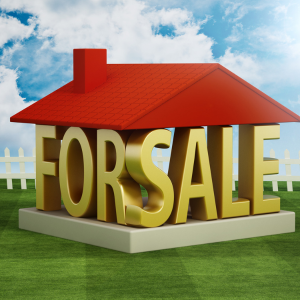
In North Carolina, several taxes may apply when selling your home:
- Property Taxes: These might still be owed at the time of sale.
- Real Estate Tax: This tax depends on the county or city of your property.
- Transfer Tax: Also known as excise taxes, these are based on the property’s value.
- Capital Gains Tax: Capital gains tax could affect your proceeds if your property has increased in value since you bought it.
How Do Local Regulations Affect Selling Expenses?
Local regulations can change how much it costs to sell a property:
- HOA Fees: For homes in a homeowner’s association, fees must be up-to-date at the time of sale.
- North Carolina County Recording Fees: You pay these fees when recording the property transfer with the county.
Understanding these costs helps you plan better financially as you sell your home. Consider consulting professionals or contacting Wake County Home Buyers for expert advice throughout the selling process.
How to Calculate Your Net Proceeds from a Home Sale
Calculating your net proceeds from selling a home in North Carolina involves understanding various costs, such as home selling expenses, mortgage payoff, and real estate transaction fees. This guide will help you estimate these proceeds to know your take-home amount.
Which Factors Influence Your Total Take-Home Amount?
Several factors influence the net proceeds from a home sale:
- Sale Price: This is your starting point and determines potential profit.
- Closing Costs usually include title insurance, attorney fees, and recording fees.
- Real Estate Commission: A percentage of the sale price goes to the realtors.
- Mortgage Payoff: You need to settle the remaining balance on your mortgage.
- Property Taxes: Any outstanding taxes must be cleared at closing.
- Home Appraisal Cost: This determines the property’s market value.
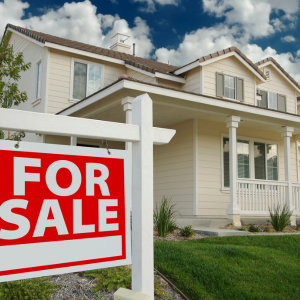
How Do Mortgage Payoffs Affect Your Proceeds?
Mortgage payoffs play a big role in determining your net proceeds:
- Mortgage Balance: The remaining principal on your loan.
- Accrued Interest: Interest accumulated since your last payment.
- Equity: The difference between the home’s value and the mortgage balance.
- Loan Payoff: Includes prepayment penalties or extra fees by lenders.
- Lender Fees: Additional costs related to the mortgage transaction.
Are There Any Tools Available to Estimate Net Proceeds?
Several tools can help you estimate your net proceeds:
- Net Proceeds Calculator: An online tool that factors in major elements.
- Real Estate Apps: Mobile apps offering insights into properties and finances.
- Online Estimators: Websites that provide quick estimates with basic inputs.
- Realtor Tools: Resources from realtors to help clients understand their finances.
- Financial Calculators: Cover various aspects of real estate finance.
Strategies for Reducing the Cost of Selling
Reducing selling costs can increase your net proceeds:
- Costs of Selling: Avoid unnecessary expenses like certain repairs and staging.
- Discount Brokers: Use realtors with lower commissions to save fees.
- FSBO Costs in North Carolina: Selling by owner avoids commissions but might involve marketing and legal fees.
- Marketing Costs: Choose cost-effective strategies to attract buyers.
- Negotiation Strategies: Good negotiation can cut concessions or other costs.
Are There Alternatives to Traditional Home Sales Methods?
Considering alternative sales methods can offer savings and flexibility:
- FSBO (For Sale by Owner): Sell without realtors commissions.
- Discount Broker: Use experts who offer reduced service rates.
- Online Platforms: List your home on digital marketplaces.
- Real Estate Auctions: A faster process that may attract competitive bids.
- Direct Buyer: Companies that buy homes directly, often in cash.
How Can You Maximize Profit While Minimizing Costs?
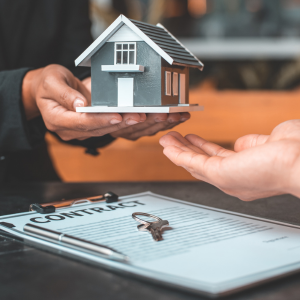
For the best financial outcome, consider these tips:
- Home Improvements: Focus on upgrades that increase market value.
- Pricing Strategy: Set an attractive, competitive price for buyers.
- Staging: Present your home well to draw buyer interest.
- Effective Marketing: Use both online and offline channels to reach buyers.
- Negotiation: Effectively manage offers to maximize returns.
Are Discount Brokers a Viable Option?
Determine if discount brokers are worth considering by examining:
- Discount Broker: They typically charge lower commissions for fewer services.
- Commission Rates: Compare cost savings against potential lack of services.
- Services Included: Ensure essential services like MLS listing are covered.
- Comparison with Traditional Realtors: Evaluate depth of service vs. fee differences.
- Market Trends: Keep up with trends affecting brokerage models and costs.
Wake County Home Buyers is here to help you make informed decisions, providing expert guidance tailored to your situation.
Preparing Your House for Sale Efficiently
What Are Essential Steps to Ready Your Home for the Market?
Getting your home ready for sale requires key steps that boost its appeal. Start by decluttering every room, as a tidy space allows buyers to imagine living there. Next, tackle home improvements like minor repairs or repainting walls in neutral shades. Consider cleaning and repair costs to ensure your home is spotless and any problems are fixed.
Enhancing curb appeal is crucial for making a good first impression. This can mean simple landscaping tasks like trimming bushes and planting flowers to create a welcoming exterior. Staging your home with attractive furniture can highlight its best features and draw buyer attention. All these efforts are part of a solid marketing strategy for selling your home quickly.
How Important Is Staging in the Selling Process?
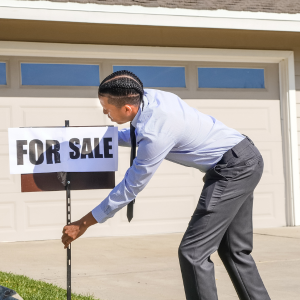
Staging is vital in selling your home because it boosts buyer interest. A well-staged home often results in higher offers and quicker sales. Although staging costs might seem high, the return on investment often makes it worthwhile. Good staging uses interior design to show off space and light, creating appealing photos for your marketing.
Staging helps your listing stand out. Professional photos of a staged home perform better in digital marketing campaigns, capturing more buyer interest than unstaged properties. Investing in home staging makes your property a strong contender in the market.
Which Home Improvements Yield the Best Returns?
When considering home improvements, focus on those offering the best return on investment (ROI). Kitchen remodels are effective because they significantly impact a home’s value. Upgrading appliances, countertops, and cabinets can greatly increase a home’s worth. Similarly, bathroom updates like new fixtures or re-tiling can provide strong returns.
Remember landscaping and energy efficiency. A well-kept garden improves curb appeal, while energy-efficient upgrades, like better insulation or solar panels, lower long-term costs for buyers, making your home more attractive. Knowing renovation costs and choosing projects based on their ROI will help raise your home’s selling price.
The Impact of Online Listings and Marketing
How Does Digital Marketing Influence Selling Costs?
Digital marketing has changed how homes are sold, affecting costs and strategies. Online listings increase exposure, attracting more potential buyers. However, advertising costs on digital platforms and realtor fees must be considered.
Photography costs play a big role since high-quality images are essential for strong online marketing. Pairing professional photos with effective digital marketing and active social media engagement can help reduce the time your home spends on the market and even increase its value. Choosing the optimal season for selling your home can further enhance these efforts, giving you the best chance at a faster and more profitable sale.
What Are Effective Online Listing Strategies?
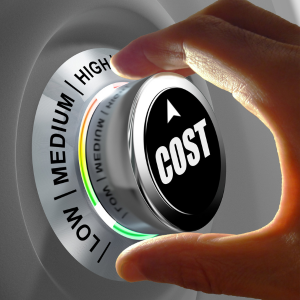
Creating strong online listing strategies is crucial for drawing in buyers. High-quality MLS listings should have professional photography and detailed property descriptions to attract interest. To improve visibility, use keywords that match what buyers look for, like “modern kitchen” or “spacious backyard. “
Competitive pricing and audience targeting are essential parts of a winning online listing. Virtual tours can further engage buyers, offering a realistic property view. By optimizing these elements, you increase your home’s chances of receiving serious offers.
How Can Social Media Enhance Your Home’s Exposure?
Social media platforms like Facebook and Instagram are powerful for increasing your home’s exposure. You can reach a wide audience through smart promotion and engaging content and showcase your property’s best features. Video content allows potential buyers to experience a virtual walkthrough, leaving a lasting impression.
Understanding audience demographics helps tailor your approach, ensuring your promotions reach the right groups. With regular engagement, social media can drive interest and traffic to your online listings, boosting your property’s reach and appeal.
Understanding the Buyer’s Perspective in Home Selling
What Do Buyers Typically Look for in a Home Purchase?
When buyers look for a home, they focus on certain key factors. Common preferences include the location, size, and condition of the property. Buyers often get a home inspection to check its structure and overall state. This gives them confidence before buying. The cost of a home appraisal is also important because it sets the property’s market value. By understanding these elements, you can better market your home to attract buyers.
How Do Buyer Preferences Vary Across Different Markets?
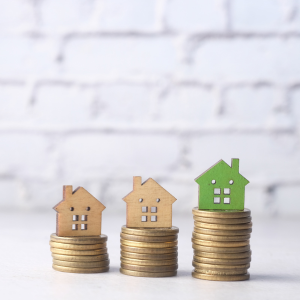
Buyer preferences can change widely based on the real estate market. In places like North Carolina, housing costs significantly impact buyers’ willingness to pay. These preferences influence local economic conditions, job opportunities, and available amenities. As a seller, knowing these market-specific trends helps you align your property with buyer interests, increasing your chances of a successful sale.
What Are Common Buyer Concerns During Transactions?
Buyers have various concerns during real estate transactions. One main worry is the total cost, which includes transaction fees and closing costs. These fees can quickly add up, affecting affordability. Buyers might also want a home warranty for potential repairs after purchase. Another common concern is whether the seller can back out of a contract. Addressing these issues early in the negotiation can build trust and smooth the transaction.
Future Considerations After Selling Your Home
What Financial Planning Steps Should Follow a Home Sale?
Proper financial planning is important after selling your home. Start by handling any remaining mortgage payoff. Next, investment opportunities should be considered to use any capital gains from the sale effectively. After the sale, consulting with a financial advisor can provide strategies to improve your financial health.
Are There Investment Opportunities Post-Sale?
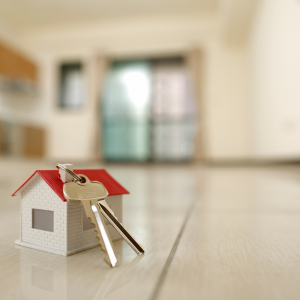
After selling your property, it is wise to explore investment options. Be mindful of capital gains tax and seek advice on reinvesting funds. Diversifying into real estate, stocks, or retirement accounts could offer long-term benefits. Sound financial planning can help you make decisions that align with your current and future goals.
How Can You Plan for Moving and Relocation Costs?
Planning for relocation means budgeting for various moving costs and other seller expenses. You might face costs like hiring movers, transportation, and changes in utilities. By preparing a detailed budget, you can avoid unexpected financial surprises and ensure a smooth move to your new home. Researching affordable and efficient moving services can help simplify this process.
This information applies to North Carolina and its cities, including Greensboro, Fayetteville, and Raleigh. For assistance or questions, please call us at (919) 473-6885 . You can also visit our website at Wake County Home Buyers for more details
FAQs:
What are the average home seller closing costs in North Carolina?
In North Carolina, the average closing costs for sellers are typically around 2.73% of the home’s purchase price. This can change depending on your specific property and transaction details.
How much do realtors charge to sell a house in North Carolina?
Realtor commission fees in North Carolina usually range from 5% to 6% of the sale price. These fees are divided between the buyer’s and the seller’s realtor.
How can I estimate the costs of selling my property in NC?
Consider realtor commissions, closing fees, potential legal expenses, and any necessary repairs or staging to estimate selling costs. Online calculators can help provide a rough estimate based on your situation.
What are the costs of selling a home ‘For Sale by Owner’ (FSBO) in North Carolina?
When selling a home FSBO in North Carolina, you save on realtor commissions but may face costs like listing fees, legal services, and marketing expenses. Weigh these costs against the potential savings.
Are there additional costs if my mortgage is paid off?
Even if your mortgage is paid off, you’ll still need to cover closing costs, necessary repairs, and possible taxes. Be prepared for these expenses regardless of your mortgage status.
What is a dual agency, and what does it cost in North Carolina?
Dual agency occurs when one realtor represents both the buyer and seller. This can make communication easier, but due to the realtor’s dual role, it might require more negotiation. Costs remain similar, so ensure terms are clear.
Is there any recent news affecting home sales in North Carolina?
It’s important to stay informed about local real estate trends and any lawsuits affecting property transactions. Websites like Houzeo offer updates that might impact your selling strategy.
What programs can help me list my property effectively?
Various online programs can help you list your property effectively, offering options from basic listing services to full-service marketing. Choose one based on your needs and budget for the best exposure.
Key Insights
- The average North Carolina home value changes across regions, affecting the costs of buying and selling houses statewide.
- Many home sellers in North Carolina consider FSBO (For Sale By Owner) to lower commissions, even though FSBO costs can still be high.
- Houzeo offers a platform for listing properties, which may help reduce listing commission fees in North Carolina.
- Knowing the mortgage payoff costs in North Carolina is important, as they can impact your net profit when selling a home.
- Dual agency costs in North Carolina can increase expenses because realtors represent buyer and seller interests.
- Stay updated on real estate news and trends, including lawsuits, as they can affect housing market dynamics in North Carolina.
- Various programs are available to assist home buyers and sellers with financial or advisory benefits to ease transactions.
- Talk to professionals about listing commission structures to optimize your home sale strategy in today’s competitive market.
Helpful North Carolina Blog Articles
- Can You Sell A House With A Mortgage In North Carolina
- Can You Sell a Rental with Tenants in North Carolina?
- How Long to Move Out After Foreclosure Auction in North Carolina
- North Carolina Quitclaim Deed
- How to Sell a Hoarder House in North Carolina
- How to Sell a House With Code Violation in North Carolina
- Selling a House Without a Realtor in North Carolina
- Selling a House With Water Damage in North Carolina
- Squatter’s Rights in North Carolina
- What Taxes Do I Have to Pay When I Sell My House in North Carolina?
- Who Pays Closing Costs When Selling a House in North Carolina
- North Carolina HOA Foreclosure Laws
- Selling a House in North Carolina During an Ongoing Lawsuit

